The mission of the Journal of Humanities in Rehabilitation (JHR) is to encourage dialogue among rehabilitation professionals, educators, researchers, and students along with patients, families, and carepartners to explore the human condition as it experiences the impact of illness or disability. JHR strives to raise the consciousness and understanding of humanism in rehabilitation through an interdisciplinary approach.
The JHR Graduate Student Ambassador Program was developed to help advance the mission of JHR by introducing graduate students across all disciplines to the field of health humanities. Graduate Student Ambassadors have the opportunity to bring the mission of JHR to their home institution and serve as mentors and advocates for the integration of health humanities into rehabilitation science educational curricula, and support evidence-based health humanities research.
By working directly with JHR Editor-in-Chief Dr. Sarah Blanton, Ambassadors will develop student-led initiatives that are unique to their interests. Additionally, JHR Ambassadors have the opportunity to develop skills in scholarship by contributing content and learning about the operations of an academic, peer-reviewed journal.
To that end, we invite graduate students from all disciplines to take part in the JHR Graduate Student Ambassador Program, to initiate important and timely conversations at their University and further the mission of JHR.


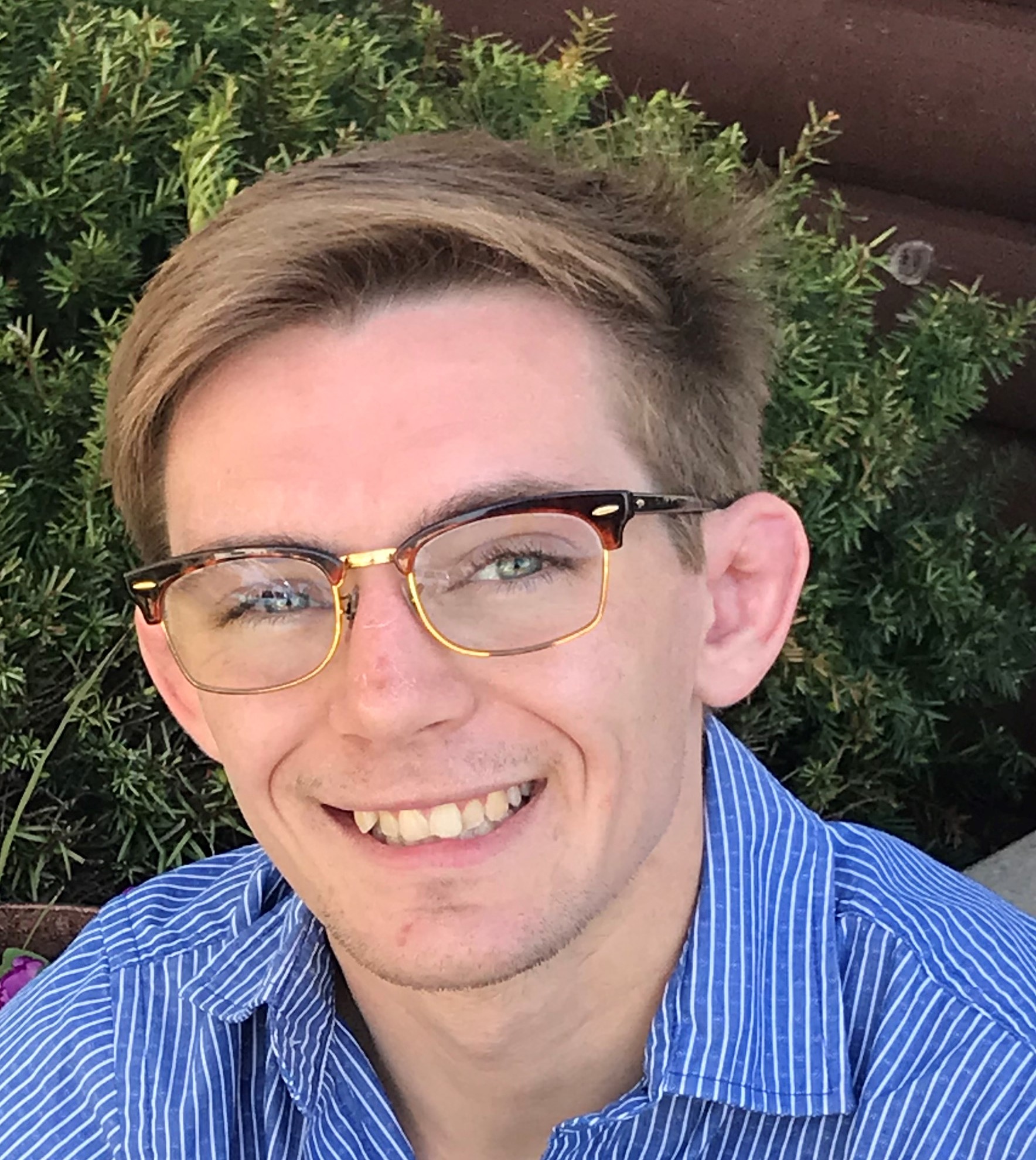
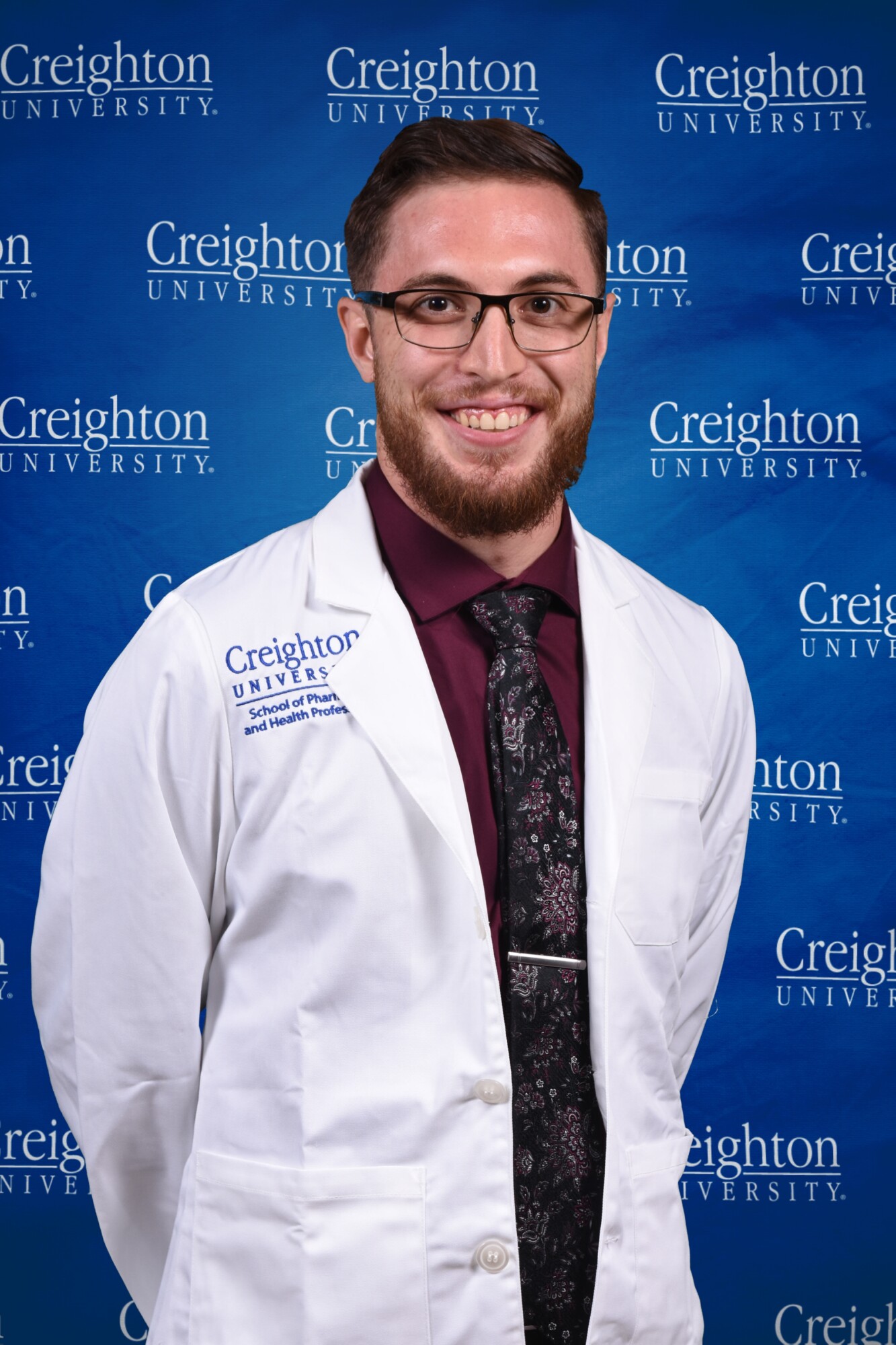
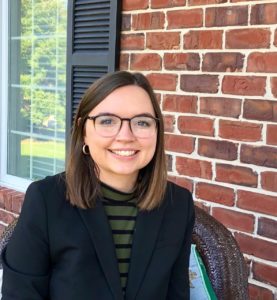
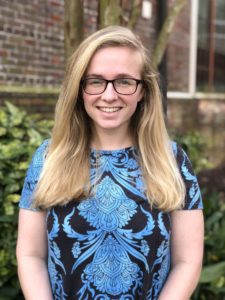
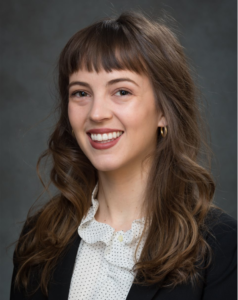
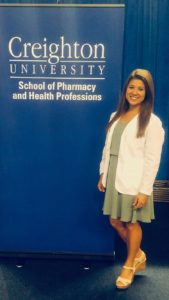
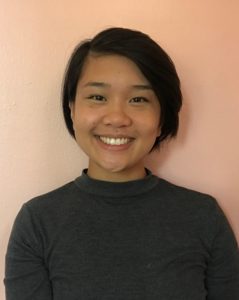
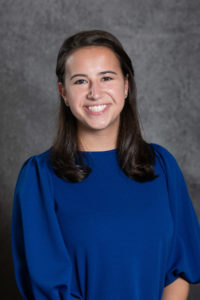
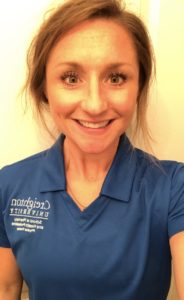

 Member since 2019 | JM14274
Member since 2019 | JM14274

